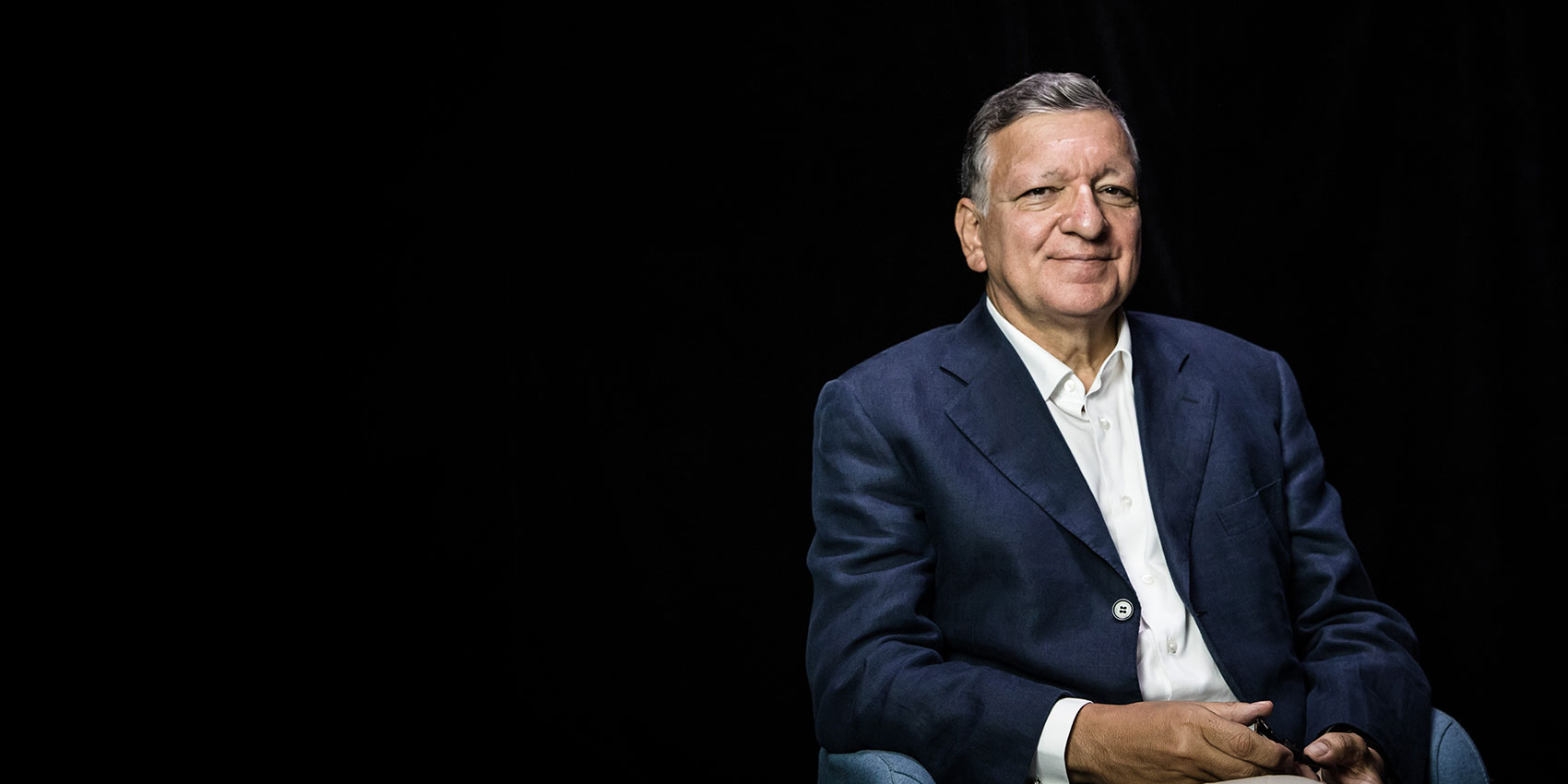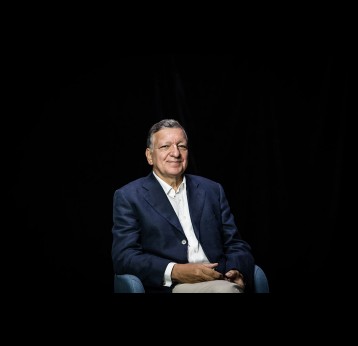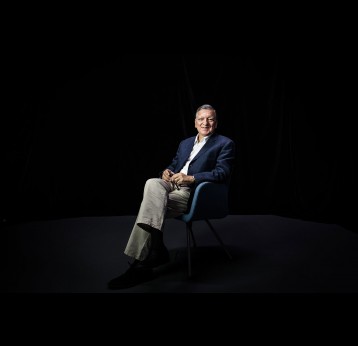In September 2020, the Gavi Board appointed José Manuel Barroso as its new Chair, beginning in January 2021. Barroso served as Prime Minister of Portugal from 2002–2004 and as President of the European Commission from 2004–2014, accepting the Nobel Peace Prize on behalf of the European Union in 2012. He is currently non-executive Chairman of London-based Goldman Sachs International.
In 1985, Barroso was elected for the first of several times to the Portuguese Parliament (Assembleia da República) and served as Chairman of its Committee on Foreign Affairs and Cooperation. He was successively State Secretary in the Ministry of Internal Administration, State Secretary for Foreign Affairs and Development Cooperation and Minister for Foreign Affairs.
While at Foreign Affairs, Barroso became mediator of the peace process for Angola (Bicesse Accords), and he was one of the initiators, under the auspices of the Secretary-General of the United Nations, of the negotiations at the level of Foreign Ministers between Portugal and Indonesia, which would lead to the referendum for Timor-Leste's independence. He also promoted political and diplomatic initiatives with Brazil and the Portuguese-speaking African countries (Angola, Mozambique, Cabo Verde, Guinea-Bissau and Sao Tome and Principe) that were at the origin of the Community of Portuguese Speaking Countries (CPLP). As Foreign Minister, Barroso was also responsible for negotiations with China regarding the transfer of Macau, as a Special Administrative Region, to Chinese sovereignty.
While serving as Prime Minister of Portugal, Barroso was invited by his European peers to be a candidate to the leadership of the European Commission and was elected by the European Parliament for two terms as President of the European Commission. In these functions, he committed special efforts to the enlargement and the incorporation of new members in the European Union, which, during his presidency, grew from 15 to 28 member states. Within the framework of the policy to combat climate change, Barroso launched the legislative package known as “20/20/20” for decarbonisation. He was at the centre of initiatives taken for the signature and ratification of the new European Union Treaties (Treaty of Lisbon), and also of the Commission's response to the post-2007 global financial crisis, namely with the Banking Union proposals and European legislation to regulate the financial sector. At the initiative of his Commission, the multiannual financial framework for 2014–2020 included Horizon 2020, the EU funding programme for scientific research and innovation.
Currently, Barroso is a Visiting Professor at Universidade Catolica Portuguesa and Director of the Center for European Studies at its Institute for Political Studies. He is a Visiting Professor at the Graduate Institute of International and Development Studies in Geneva and teaches at the School of Transnational Governance of the European University Institute in Florence. He is a Non-Resident Senior Fellow with the Liechtenstein Institute on Self-Determination at Princeton University. Earlier in his career, he was a teaching assistant at the Universities of Lisbon and Geneva, and a Visiting Professor at Georgetown University, Princeton University and the University of Geneva. He has published several books and articles in academic journals on political science and international relations.
Barroso graduated in Law (Licenciatura) and obtained a Master in Law from the University of Lisbon, as well as a Master in Economic and Social Sciences/Political Science from the University of Geneva. He also holds a post-graduate diploma from the University Institute of European Studies in Geneva.
Barroso has received numerous honorary distinctions from countries around the world. Among these, there are 35 decorations, including from Portugal, Brazil, Spain, Germany, France and the United Kingdom.



